Polycystic ovary syndrome (PCOS) is a hormonal disorder that occurs in women that affects the ovaries, the female reproductive organs responsible for producing eggs and releasing hormones. Women with PCOS often have multiple cysts (small fluid-filled sacs) in their ovaries. which can disrupt the normal hormonal balance in the body.
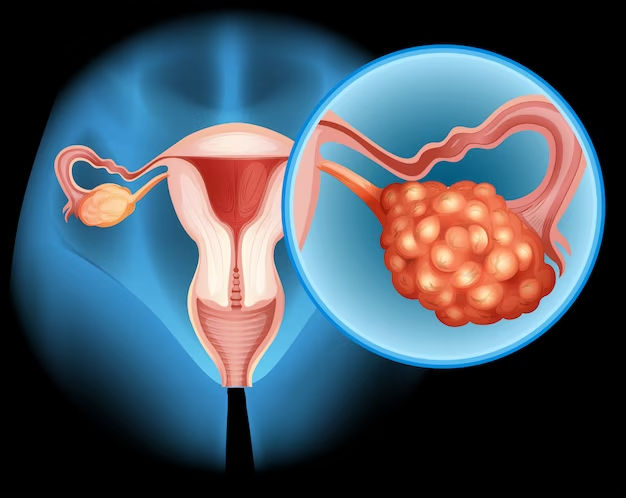
| Effects | Detail |
Irregular periods: 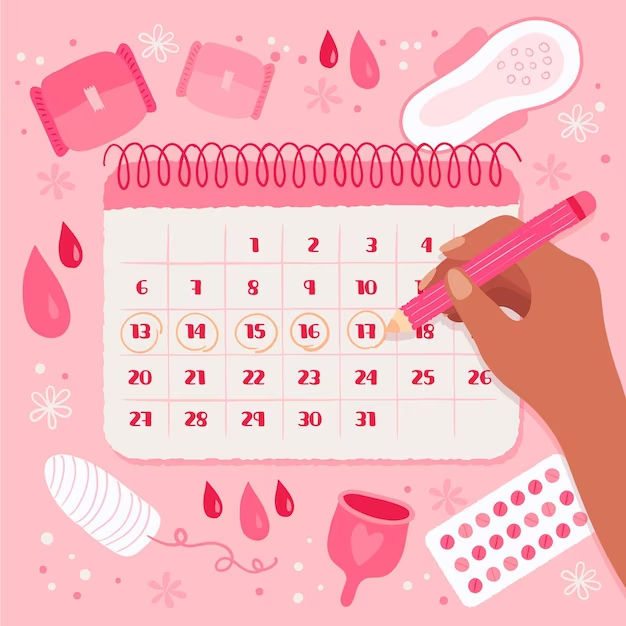 |
|
Elevated levels of androgens: 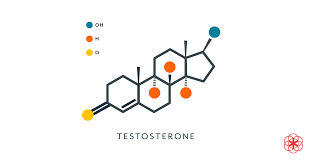 |
|
Enlarged ovaries with cysts: 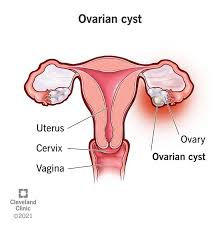 |
|
Hirsutism: 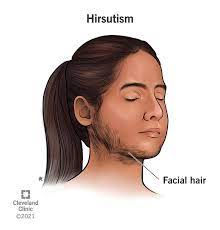 |
|
Weight gain: 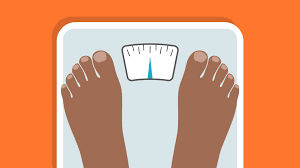 |
|
Hair loss 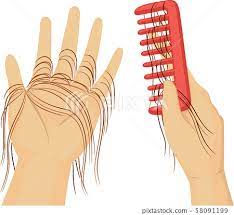
|
|
Take charge of your health and your life. Contact us today!
Let's find the link between PCOS and Hair loss!
Read further!
The Link Between PCOS and Hair Loss
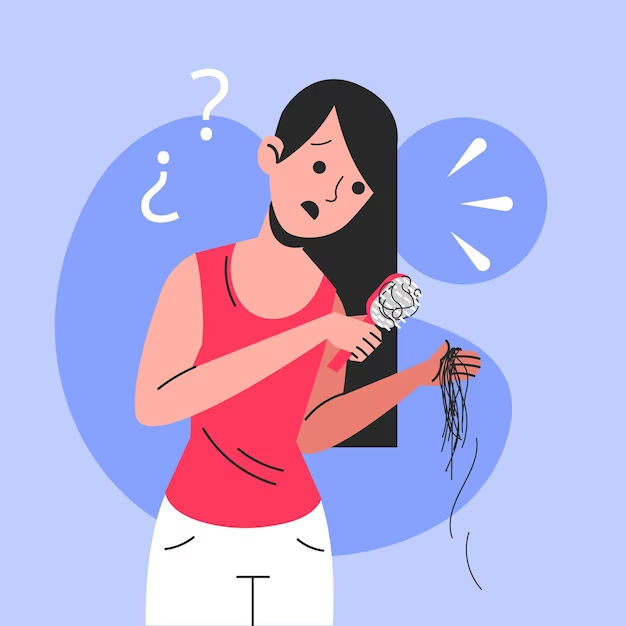
PCOS causes Hair loss medically known as PCOS alopecia and can have a significant impact on a woman's self-esteem and quality of life. The exact cause of hair loss due to PCOS is not fully understood, but it is believed to be related to the hormonal imbalances characteristic of this condition.
The elevated levels of androgens in women with PCOS can disrupt the normal hair growth cycle.
The hair growth cycle has three phases:
- anagen (growth)
- catagen (transition)
- telogen (resting)
Your well-being is our priority - call us to book your appointment today
Normally, about 90% of the hair follicles are in the anagen phase, while the remaining 10% are in the telogen phase, where the hair naturally falls out and is replaced by new hair. In women with PCOS, the increased androgen levels can shorten the anagen phase and lengthen the telogen phase. Which results in more hair follicles entering the resting phase and eventually falling out.
In addition to hormonal imbalances, other factors may also contribute to hair loss in women with PCOS.
These can include the following
- insulin resistance
- inflammation
- genetic predisposition
Insulin resistance is a condition in which the cells of the body do not effectively respond to insulin. Insulin resistance is frequent in PCOS women. This, in turn, can boost testosterone production and contribute to PCOS hair thinning.
According to Pinkvilla,
“One of the major contributors to hair loss is iron deficiency, and PCOS patients often have decreased ferritin levels.”
Let’s discover the common symptoms in most women struggling with hair fall due to PCOS!
Symptoms of PCOS Hair fall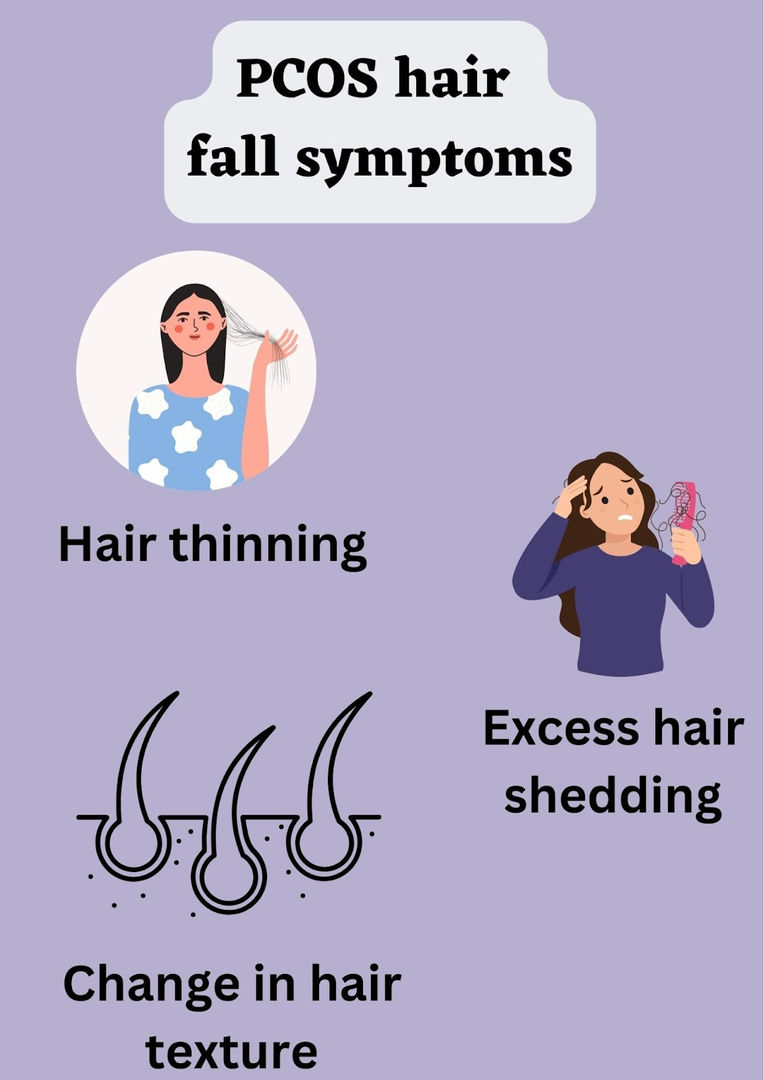
The symptoms of PCOS hair fall can vary from person to person, but commonly include:
| Symptoms | Detail |
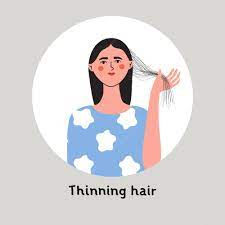 |
|
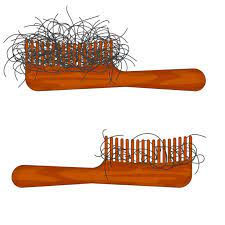 |
|
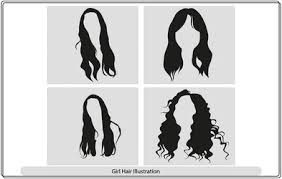 |
|
It is important to note that PCOS hair fall is usually gradual and may not be immediately noticeable. However, over time, it can have a significant impact on a woman's self-esteem and confidence.
According to an expert at Scandinavian Biolabs,
"The long-term effects of PCOS-related hair loss on self-esteem and mental well-being can be significant. Hair loss can lead to a decrease in self-confidence, increased social anxiety, and depression. It's important for individuals experiencing these effects to seek support, whether that's
from a mental health professional, a support group, or loved ones. Dealing with the psychological effects of hair loss is just as important as managing the physical symptoms."
Take the first step to recovery. Get in touch with us for your treatment.
Are you facing Hair fall due to PCOS?
Don't worry!
Here are the PCOS hair fall treatment options for you!
PCOS hair loss Treatment Options 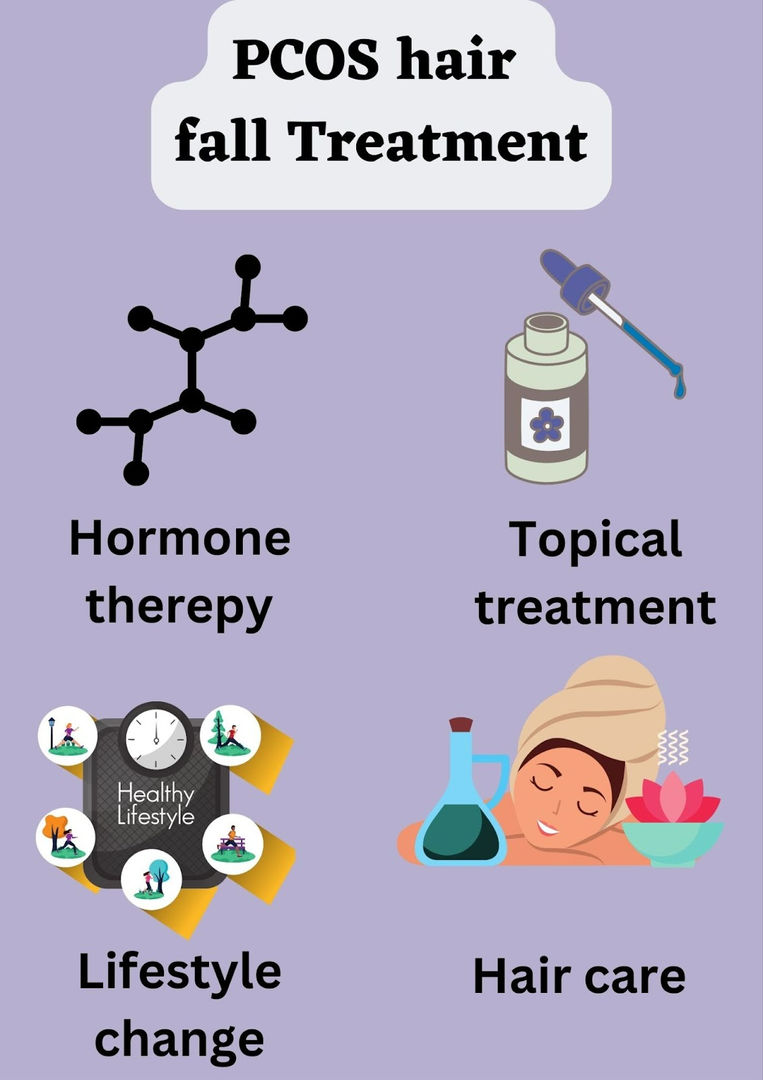
If you suspect that your hair loss is due to PCOS, it is important to consult a healthcare professional for a proper diagnosis and appropriate treatment for PCOS hair growth. PCOS hair fall Treatment options may vary depending on the severity of the condition and individual needs.
These are some common options available:
| Treatment | Detail |
Hormonal therapy 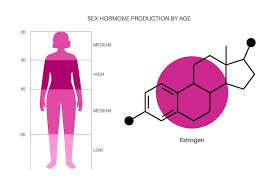
|
|
Topical treatments 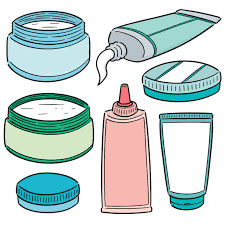 |
|
Lifestyle changes 
|
|
Hair care practices 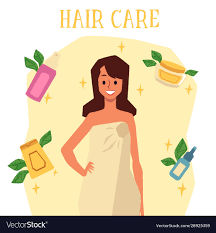
|
|
In some cases, other medical interventions may be recommended, such as laser therapy or hair transplantation, to restore hair growth in areas of thinning or loss.
You can now live happily and stress free!
Here are some tips to deal with PCOS hair fall!
How to deal with PCOS Hair fall?
Dealing with hairfall due to PCOS can be emotionally challenging, but there are ways to deal with the effects of PCOS hair fall. Here are some tips that may help:
- Seek support: Talking to a healthcare professional, a counselor, or a support group can provide emotional support and guidance in managing the impact of hair loss on your well-being.
- Embrace self-care: Taking care of yourself physically and emotionally can help boost your self-esteem and confidence.
- Experiment with hairstyles: Trying different hairstyles, such as short cuts or hairstyles that add volume to the hair, can help you feel more confident.
- Practice patience: Hair growth takes time, so be patient with yourself and the treatment process. It may take several months to see the hair regrowth after PCOS from the treatment options.
- Consider counseling: If hair loss is affecting your emotional well-being, consider seeking counseling or therapy to address any emotional distress.
PCOS hair loss before and after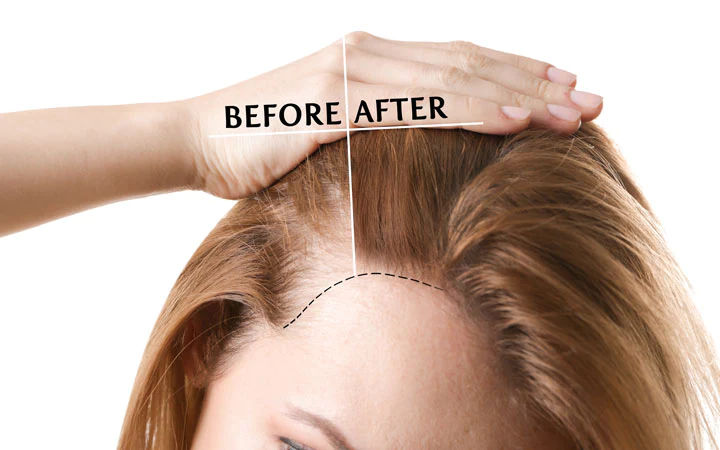
Don't forget to have these foods and vitamins if you are struggling with hairfall due to PCOS.
Good foods for PCOS hair growth
A healthy diet can play an important role in managing PCOS hair fall. Including certain foods for PCOS hair growth in your diet can help promote healthy hair and minimize hair loss due to PCOS.
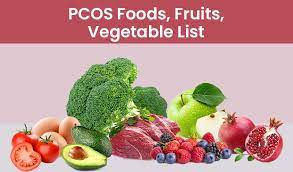
Here are some good foods for PCOS hair Growth:
- Fatty fish such as salmon and sardines
- Eggs,oysters, beef
- Leafy greens such as spinach and kale
- Nuts and seeds (flaxseeds, chia seeds, and walnuts)
- Berries such as strawberries and blueberries
- Whole grains, legumes, non-starchy vegetables
Essential vitamins for PCOS hair loss
Hair fall due to PCOS can also lead to lack of vitamins and we need to fulfill the amount of vitamins needed in our body.
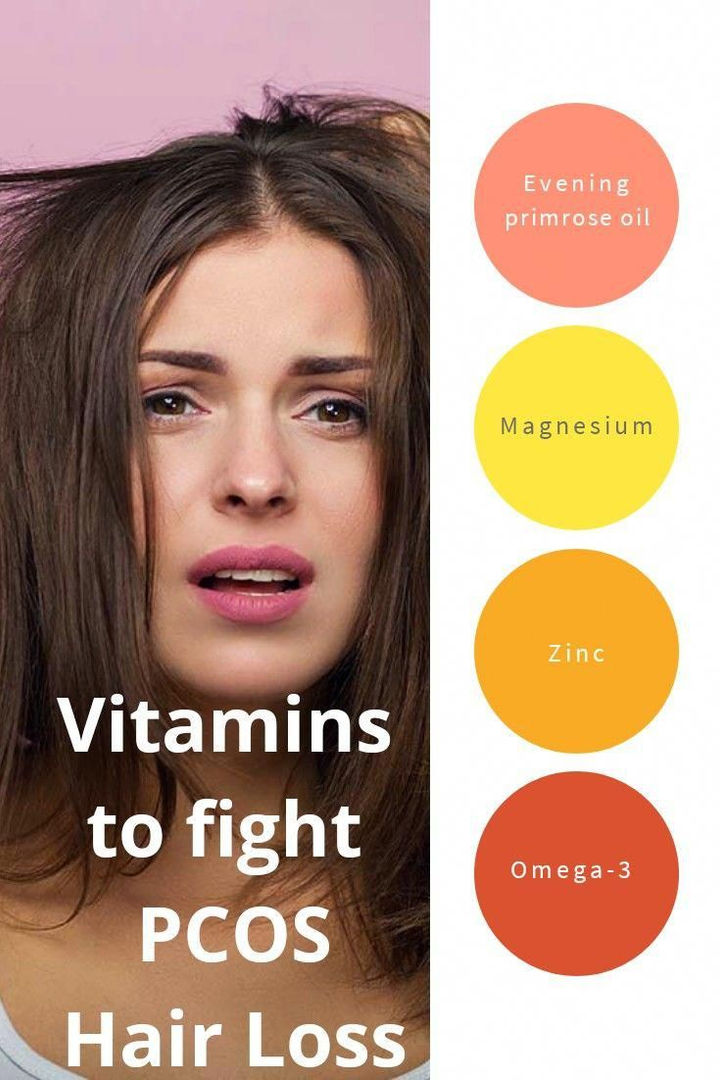
So, here are some recommended vitamins for PCOS hair loss.
- Biotin (found in eggs, almonds, and sweet potatoes)
- Vitamin D (found in fatty fish, egg yolks, and mushrooms)
- Iron (found in spinach, red meat, and lentils)
- Zinc (found in oysters, pumpkin seeds, and chickpeas)
- Vitamin E (found in almonds, sunflower seeds, and avocado)
Conclusion
PCOS-related hair loss can be a distressing symptom for women with PCOS, but it is important to remember that there are treatment options available and coping strategies to help manage its effects. Consulting with a healthcare professional, adopting healthy lifestyle habits, and practicing self-care can all play a role in managing PCOS-related hair loss and promoting healthy hair growth. Remember to be patient with the treatment process and seek support when needed. With the right care and management, it is possible to cope with PCOS-related hair loss and regain your confidence and well-being.
Have some more questions related to PCOS hair loss?
Then do not miss reading the below FAQs.
You might get an answer to your question!
FAQs
- Is PCOS hair loss reversible?
Ans: Yes, PCOS hair loss can be reversible with proper diagnosis and treatment. Treatment options may include medications to regulate hormonal imbalances, lifestyle changes such as a healthy diet and exercise, and hair growth treatments such as minoxidil or hair transplant surgery.
- How can I stop PCOS hair loss naturally?
Ans: Home remedies are the best natural way to help manage PCOS hair fall. Regular scalp massage with essential oils,applying a mixture of onion juice and honey on the scalp, consuming a diet rich in vitamins and minerals, including biotin, zinc, and iron, found in foods such as leafy greens, eggs, nuts, and seeds, and using natural hair mask can help managing hair fall due to PCOS.
- Does hormonal hair loss grow back?
Ans: Yes, hormonal hair loss can grow back but the success of treatment depends on the underlying cause of the hair loss and how well the individual responds to treatment. With proper diagnosis and treatment, many individuals with hormonal hair loss can achieve improved hair growth and thickness.
- Are there any risks or side effects associated with hair restoration treatments for PCOS-related hair loss?
Ans: Yes, there are some potential risks and side effects of hair restoration treatments include infection, scarring, and allergic reactions.






